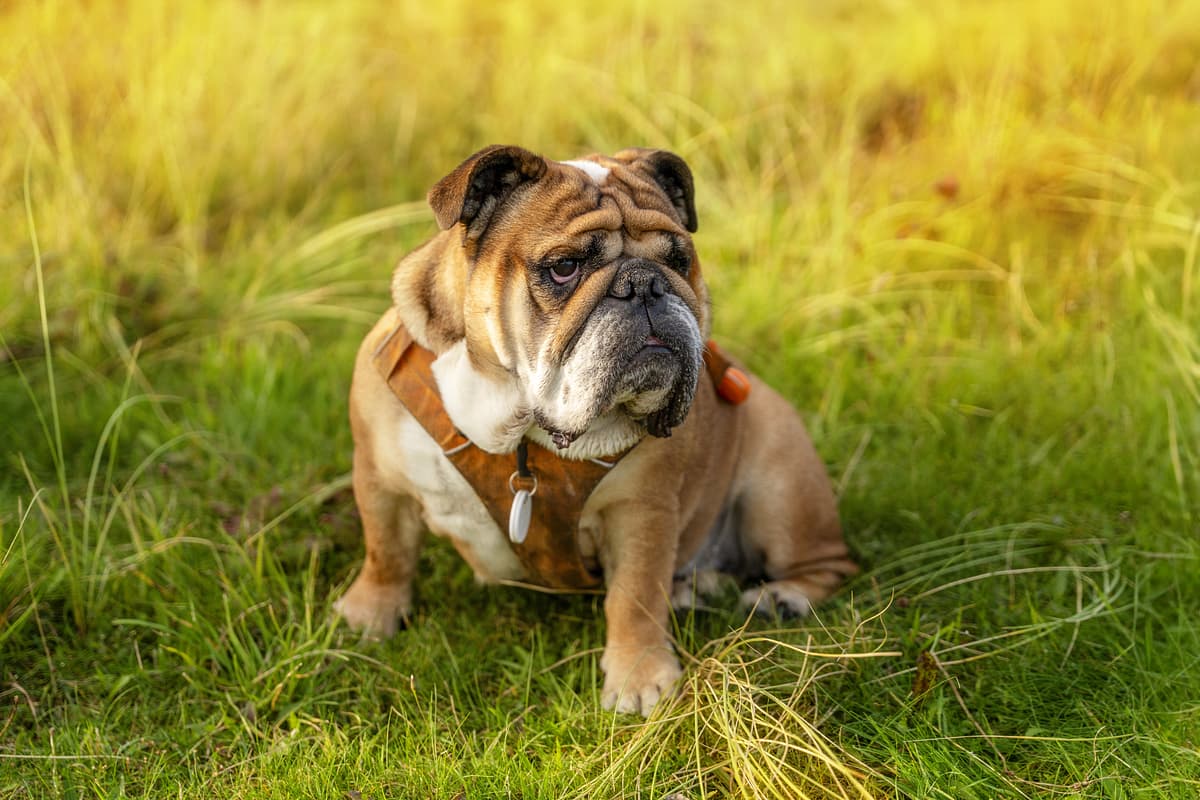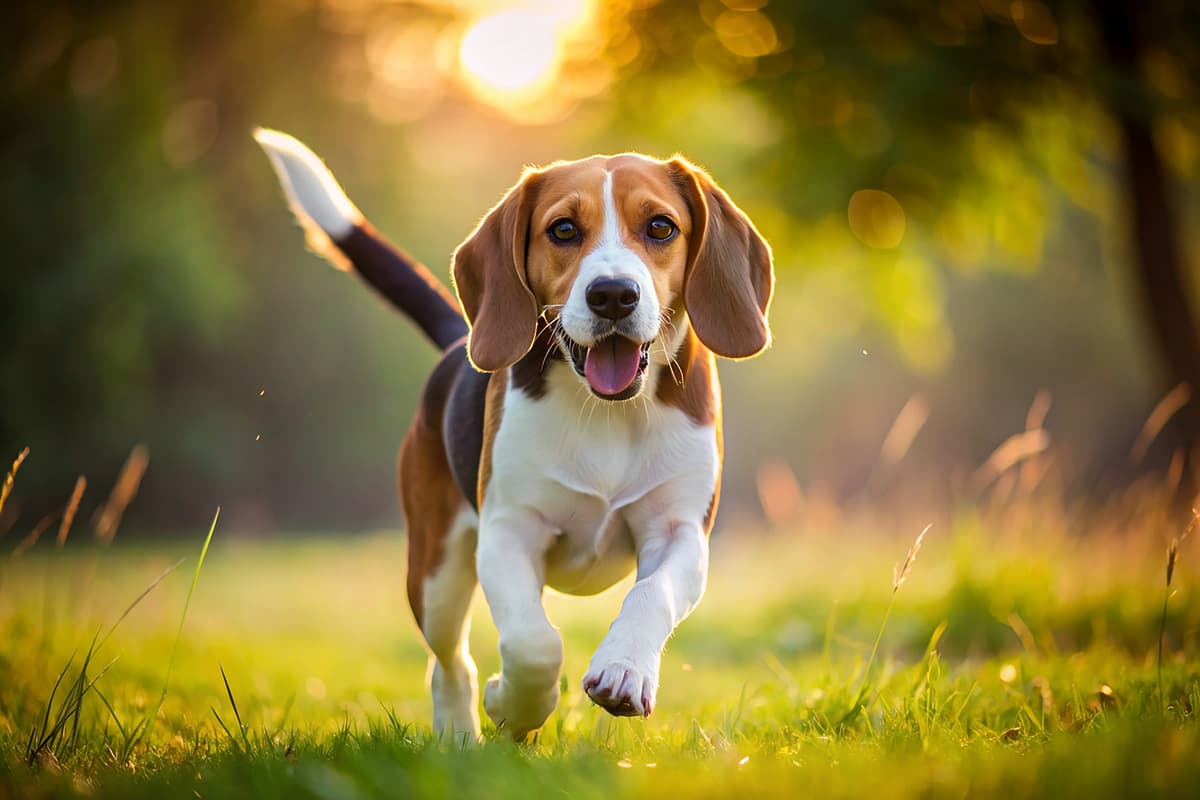English Bulldog vs Beagle
Discover the differences between English Bulldog and Beagle to make the best choice for your situation.
Try different breeds

English Bulldog
Stocky, courageous, and affectionate, this breed charms with its wrinkled face and calm nature. Loyal and gentle, it thrives as a loving family companion.

Beagle
A cheerful, curious breed with an excellent nose and a love for adventure. Always eager to play, Beagles shine as affectionate companions in active households.
Quick comparison
Medium
23–25 kg
Short, smooth
8–10 years
18–23 kg
Low activity needs
Medium
10–11 kg
Short, dense
12–15 years
9–10 kg
High energy
Personality & behavior
Compare the personality traits and behavioral characteristics of both breeds.
English Bulldog
Affectionate and gentle with family and children
Learns basic commands with some patience
Prefers lounging over vigorous physical activity
Enjoys play but tires fairly quickly
Adjusts well to most living environments
Beagle
Outgoing and sociable with people and dogs
Quick to learn but easily distracted by scents
Highly energetic and active throughout the day
Loves games and interactive play sessions
Adjusts well to new settings and routines
Care needs
Exercise, grooming, and daily care requirements
English Bulldog
Brachycephalic syndrome, skin fold infections
Beagle
Epilepsy, hypothyroidism
Suitability
How well each breed fits different living situations and families
English Bulldog
Good option
Easygoing, low-maintenance nature suits owners with limited dog experience
Excellent fit
Moderate exercise needs and calm demeanor work well in small living spaces
Not ideal
Low stamina and breathing issues make them unsuited for high-activity lifestyles
Very suitable
Gentle, patient, and tolerant with young children when properly socialized
Usually compatible
Generally sociable but may need guidance with other pets, especially dogs
Not recommended
They struggle with long periods alone and are prone to separation anxiety
Beagle
Good starter breed
Friendly nature and moderate needs suit new dog owners
Needs daily walks
Moderate energy and tendency to bark may challenge apartment life
Highly suitable
Enjoys activities and play, thriving in active environments
Very friendly
Gentle, playful, and generally patient with young children
Gets along well
Social disposition makes Beagles comfortable with other pets
Prone to anxiety
Dislikes solitude and can become destructive if left alone too long
Breed strengths
What each breed excels at and their best qualities
English Bulldog
- Affectionate with family members
- Generally good with children
- Low exercise requirements
- Minimal grooming needs
- Adaptable to apartment living
Beagle
- Friendly with children and families
- Excellent scent detection abilities
- Generally good with other dogs
- Adaptable to various living environments
- Playful and energetic companion
Challenges & considerations
Potential challenges and considerations for each breed
English Bulldog
- Prone to respiratory problems
- High risk of overheating
- Susceptible to skin infections
- Can be stubborn during training
- Tends to drool frequently
Beagle
- Prone to excessive barking or howling
- High tendency to follow scents outdoors
- Can be stubborn during training sessions
- Requires regular exercise to prevent boredom
- Likely to escape or roam if unsupervised
Ready to choose your perfect breed?
Learn more about each breed or compare other breeds to find the perfect match for your lifestyle.
Discover more helpful tools
Make use of our other free tools to get the most out of your pet experience
